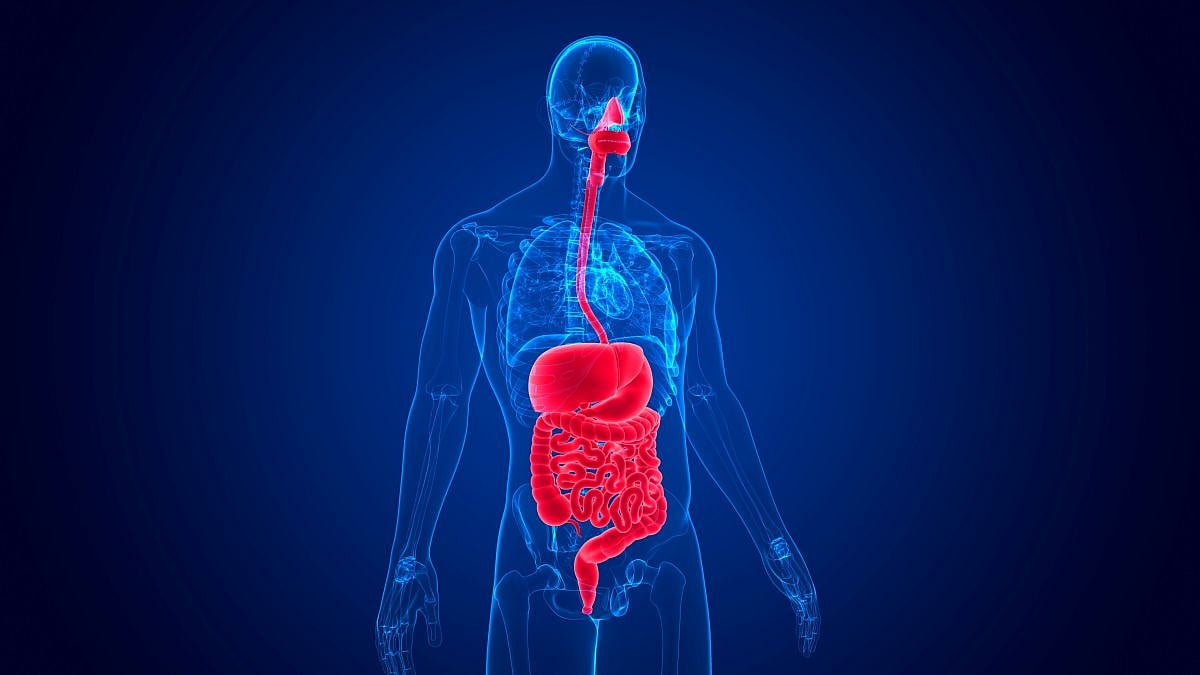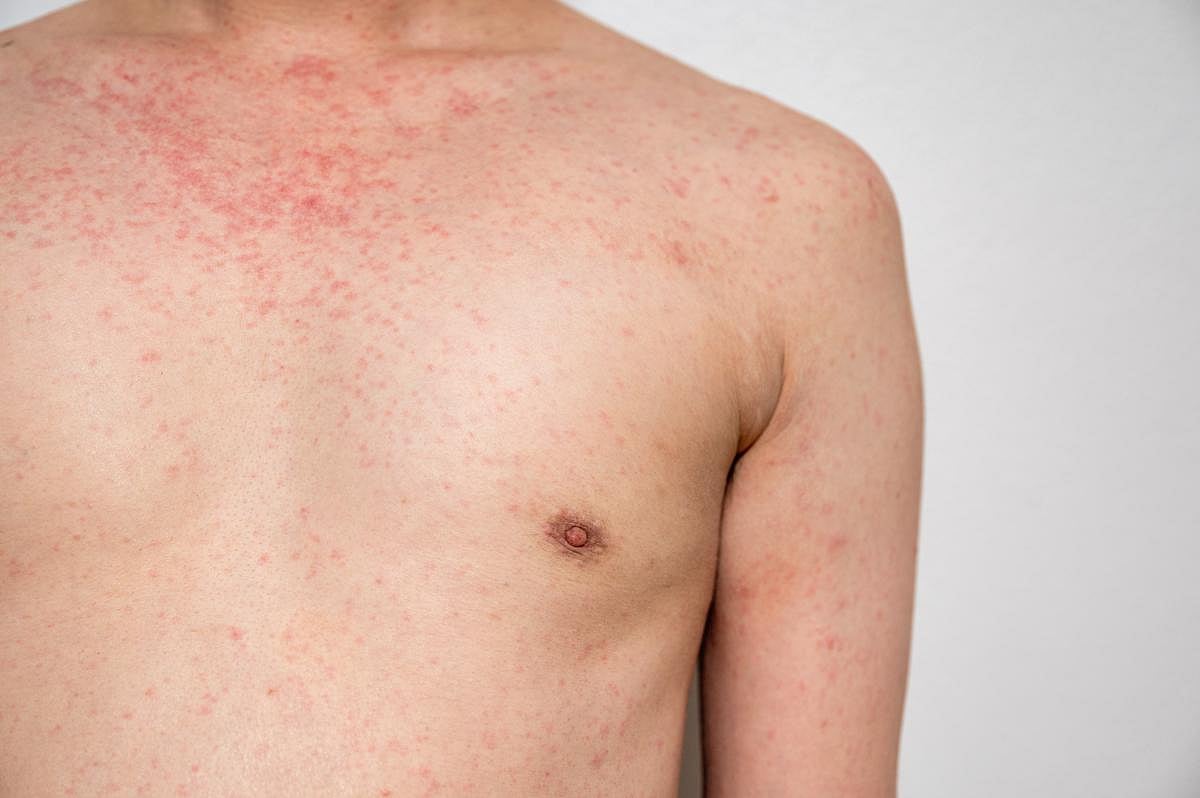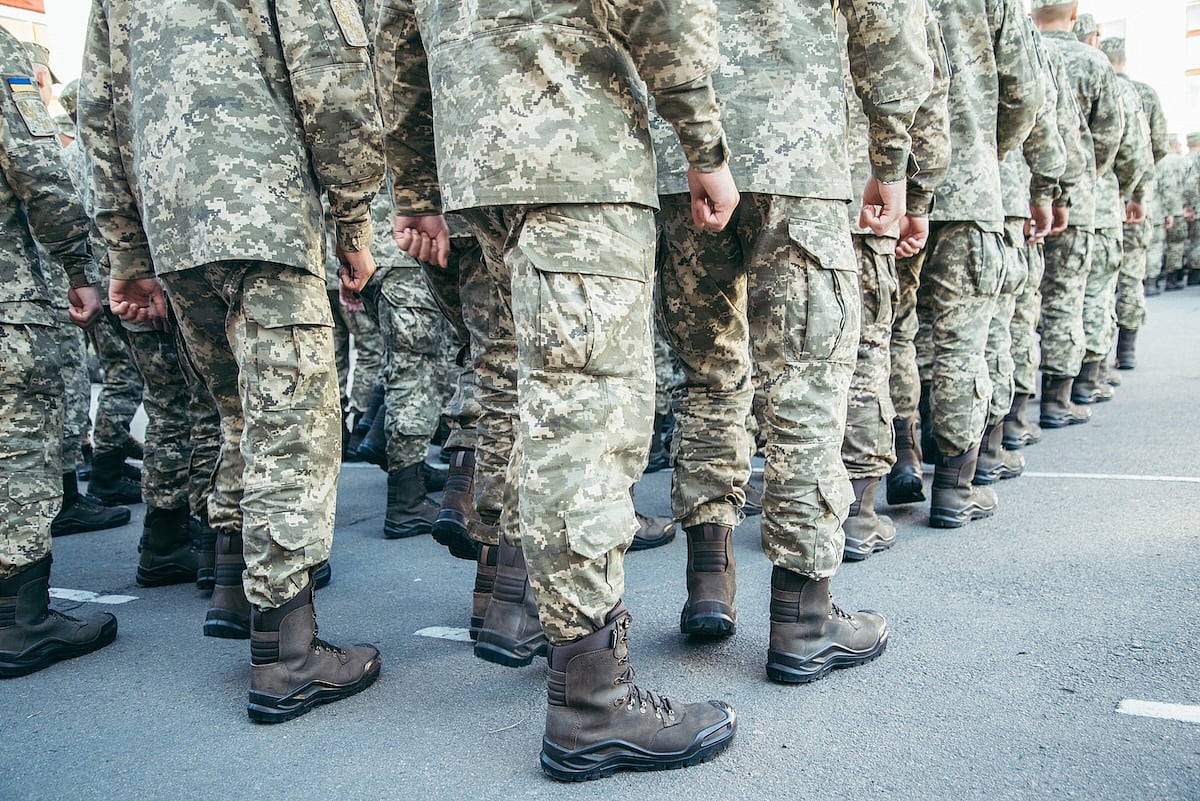Get Healthy!
Staying informed is also a great way to stay healthy. Keep up-to-date with all the latest health news here.
31 Oct
One Long Walk Beats a Dozen Little Ones When It Comes to Your Heart
A new study finds taking one 10–15-minute walk lowers heart disease and death risk significantly more than taking several short strolls, even when total steps are the same.
30 Oct
Painful Colon Infection Once Rare in Young Adults Is on the Rise
A new study finds a surprising surge in severe diverticulitis among young adults in the U.S.
29 Oct
COVID, Flu and Other Viral Infections Can Dramatically Raise Heart Attack and Stroke Risk, New Study Finds
New research shows common viruses increase the risk of heart attack and stroke, especially in the weeks following initial infection.
Study Finds Surprising Link Between Gut and Brain Rhythms
The human body is packed with natural rhythms, from your sleep-wake cycle to the steady pulsing of blood through the brain to heart rate and pulse.
Now, scientists say the gut may hold the key to understanding how this complex coordination happens in the brain’s blood vessels.
Researchers at the University of California S...
- I. Edwards HealthDay Reporter
- |
- November 2, 2025
- |
- Full Page
Scientists Find the Genetic Clues That Let Humans Walk on Two Legs
Two small changes in human DNA may have played a big role in helping our ancestors walk upright, researchers say.
The study, recently published in the journal Nature, found that these tweaks changed how a key hip bone developed.
This allowed early humans to stand, balance and walk on two legs instead of moving on all fours l...
- I. Edwards HealthDay Reporter
- |
- November 1, 2025
- |
- Full Page
Can Texting Your Therapist Work? New Study Says Yes
A growing number of Americans are turning to therapy by text message, and new research suggests it can be just as effective as traditional video sessions for some patients.
In a study published Oct. 30 in JAMA Network Open, researchers found that people with mild to moderate depression who used text-based therapy showed similar im...
- I. Edwards HealthDay Reporter
- |
- October 31, 2025
- |
- Full Page
FDA to Ease Copycat Drug Rules, Speeding Access to Cheaper Drugs
The U.S. Food and Drug Administration (FDA) announced Wednesday that it will relax certain rules for approving low-cost versions of some high-priced medications, in an effort to speed up access to cheaper alternatives.
The decision affects biosimilars — medicines that are near-identical copies of biologic drugs made from living cells...
- I. Edwards HealthDay Reporter
- |
- October 31, 2025
- |
- Full Page
Dr. Casey Means’ Senate Confirmation Postponed After Going Into Labor
Dr. Casey Means’ confirmation hearing to become the next U.S. surgeon general was postponed Thursday after she went into labor with her first child, officials confirmed.
Means, who was nominated in May by President Donald Trump, had been scheduled to appear before the Senate Health, Education, Labor and Pensions Committee that mornin...
- I. Edwards HealthDay Reporter
- |
- October 31, 2025
- |
- Full Page
This Common Halloween Candy Might Be the Scariest Thing You Eat
They may make your lips pucker, but sour candies can do more than surprise your taste buds — they can seriously damage your teeth, experts warn.
“These candies combine two factors that increase mouth acidity and accelerate enamel erosion,” said Nadine Tassabehji, an assistant professor at Tufts University School of Dental...
- I. Edwards HealthDay Reporter
- |
- October 31, 2025
- |
- Full Page
Gene Test Can Predict Risk For Gout Medicine Side Effects
A new gene test might be able to predict which gout patients will have a bad skin reaction to a common medication for the condition, researchers say.
A newly discovered gene combined with an already known genetic factor could explain the risk of skin side effects in more than 80% of U.S. gout patients prescribed allopurinol, researchers re...
- Dennis Thompson HealthDay Reporter
- |
- October 31, 2025
- |
- Full Page
Millions Carry Hidden Cancer Risk, Experts Say
Millions of Americans carry hidden genetic mutations that increase their risk of cancer, regardless of their family’s cancer history, according to a new study.
As many as 5% of Americans, or about 17 million, have genetic variants linked to cancer, researchers recently reported in the Journal of the American Medical Association
- Dennis Thompson HealthDay Reporter
- |
- October 31, 2025
- |
- Full Page
Most Americans Unaware Alcohol Increases Cancer Risk
More than half of American adults don’t know that alcohol increases a person’s risk of cancer, a new study says.
About 53% of adults surveyed did not know that drinking increases the odds of developing cancer, researchers reported Oct. 30 in JAMA Oncology.
In truth, alcohol is considered a carcinogen as potent as...
- Dennis Thompson HealthDay Reporter
- |
- October 31, 2025
- |
- Full Page
Gut Disorder Associated With Aging Occurring More Often In Younger Adults
Younger adults are developing a severe gut disorder at increasing rates, according to a new study.
There’s been a troubling surge in severe diverticulitis among Americans younger than 50, researchers from UCLA and Vanderbilt University recently reported.
They found that the proportion of patients younger than 50 admitted to the...
- Dennis Thompson HealthDay Reporter
- |
- October 31, 2025
- |
- Full Page
A Kid's Gut Health Might Influence Their Future Mental Health
A child’s future risk of depression and anxiety might be tied to their gut health.
Young children whose gut microbiomes contained certain bacteria were more likely to develop a mood disorder as tweens, researchers reported Oct. 30 in the journal Nature Communications.
Researchers discovered that the kids’ gut bac...
- Dennis Thompson HealthDay Reporter
- |
- October 31, 2025
- |
- Full Page
Insomnia? Avoid This Common Strategy If You're Older, Experts Say
Middle-aged adults and seniors would age more gracefully — and save a few bucks – if they lay off prescription sleep medications, a new study says.
Avoiding sleep drugs would reduce older Americans’ lifetime rate of falls by nearly 9% and brain decline by 2%, researchers report in the upcoming December issue of The La...
- Dennis Thompson HealthDay Reporter
- |
- October 31, 2025
- |
- Full Page
Obamacare Premiums Could Jump 30% as Subsidies Expire
Millions of Americans who buy their own health insurance could soon face steep premium increases, as temporary federal subsidies that helped lower costs for Obamacare plans are set to expire at year’s end.
Rates for plans sold through federal Obamacare marketplaces will rise, on average, by 30% next year, according to a new analysis ...
- I. Edwards HealthDay Reporter
- |
- October 30, 2025
- |
- Full Page
5,000+ Measles Cases Threaten Canada’s Elimination Status
Canada may lose its measles elimination status amid a yearlong outbreak that has infected more than 5,000 people and killed two infants, health officials said this week.
The outbreak began in October 2024 in New Brunswick and has now spread across multiple provinces. It is Canada’s first continuous measles transmission in more than 2...
- I. Edwards HealthDay Reporter
- |
- October 30, 2025
- |
- Full Page
Medical Debt May Soon Return to Credit Reports Under New Trump Rule
The Trump administration is taking steps to roll back state laws that protect consumers from having medical debt appear on their credit reports.
The move could impact millions of Americans already struggling with unpaid medical bills.
The Consumer Financial Protection Bureau (CFPB) has drafted a rule that would give the federal gover...
- I. Edwards HealthDay Reporter
- |
- October 30, 2025
- |
- Full Page
Germany Pledges $1 Billion for 200,000 Holocaust Survivors
Germany has agreed to provide more than $1 billion in new funding to support Holocaust survivors worldwide, helping many continue to live independently in their own homes.
The deal, negotiated with Germany’s Finance Ministry, makes it the largest home care budget in the organization’s history, totaling $1.076 billion (923.9 mil...
- I. Edwards HealthDay Reporter
- |
- October 30, 2025
- |
- Full Page
Sitting For Long Periods? Sip Cocoa Or Munch Berries To Protect Heart Health, Experts Say
A hot cup of cocoa or tea, an apple or a bowlful of berries might help protect the heart health of couch potatoes or desk jockeys, a new study suggests.
Those foods and drinks are all rich in plant chemicals called flavanols, and a lab experiment showed that they might prevent blood vessel problems caused by too much sitting, researchers r...
- Dennis Thompson HealthDay Reporter
- |
- October 30, 2025
- |
- Full Page
Home Exercises Ease Knee Arthritis Pain
Home exercises can effectively ease knee pain caused by cartilage tears and arthritis, apparently with or without physical therapy, a new study says.
The stretching and strengthening exercises provided about the same amount of pain relief whether or not a person got real or sham physical therapy, researchers reported Oct. 29 in The New...
- Dennis Thompson HealthDay Reporter
- |
- October 30, 2025
- |
- Full Page
Epilepsy From Brain Injury Comes With Increased Risk Of Death, Experts Say
Military veterans who develop epilepsy following a traumatic brain injury might be more likely to die earlier than others with epilepsy.
However, their risk could depend on the cause of their brain injury, researchers reported Oct. 29 in the journal Neurology.
“We recommend that people who develop epilepsy after a trau...
- Dennis Thompson HealthDay Reporter
- |
- October 30, 2025
- |
- Full Page
How A Brain Pressure Disorder Causes Vision Loss — And Who Might Be Affected
Doctors think they’ve figured out a way to predict who might lose vision due to a high brain pressure disorder.
Idiopathic intracranial hypertension (IIH) occurs when there’s unexplained pressure buildup in the fluid that cushions the brain in the skull, researchers explain in the journal Neurology.
If untreated,...
- Dennis Thompson HealthDay Reporter
- |
- October 30, 2025
- |
- Full Page





















